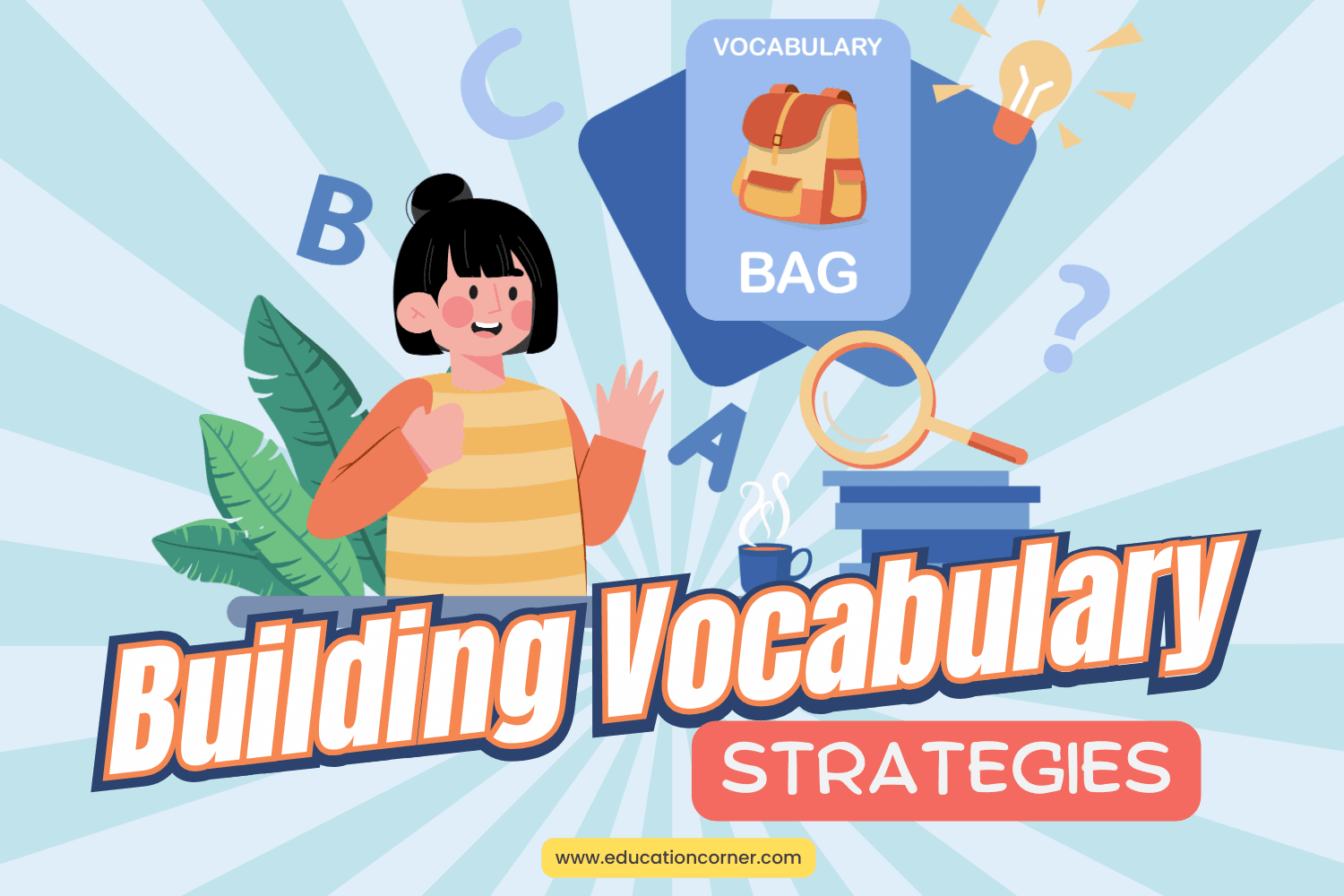Being able to effectively communicate, both verbally and in writing, is a very important skill to develop. Effective communicators are highly sought after by organizations and companies.
People are often judged by their vocabulary, whether negative or positive. Additionally, a strong vocabulary is the single best predictor of academic success in school. For these reasons, and many others, it’s important to take every opportunity to improve your vocabulary.
There are several strategies and concepts educators, teachers, parents and students can employ for building vocabulary. However, below we’re going to cover just a few of the proven strategies and concepts we believe are at the core of effective and life-long vocabulary building – for children of any age.
Read. read. read.
Independent reading is key!
In our opinion, the biggest factor influencing vocabulary is the sheer volume of reading performed. Studies show that regular independent reading, and reading a rich variety of texts, provides the most positive impact on vocabulary.
Students who develop a habit of reading at a young age, develop large vocabularies and have a greater ability to understand written and verbal communication than students who don’t read regularly. It’s just a fact, people with extensive vocabularies typically read a lot.
Developing an extensive vocabulary requires reading publications covering various subjects and texts, including magazines, textbooks, novels, etc. We recommend spending at least 20 minutes a night reading.
One night I read a novel. The next a magazine. And when you read, sometimes read aloud. Reading aloud from time to time provides the added benefit of hearing the words you’re reading.
Instead of consulting a dictionary every time you encounter an unfamiliar word while reading, try to determine word meaning by evaluating the context of the sentence and surrounding words. Searching for clues in surrounding text will not only help you decipher word meanings, it will cement in your memory what a word means and improve your recall for future recognition and use.
Make it personal through association
Relating words to your life will make them easier to remember and use again. The best way to do this is to associate newly learned words with people you know, places you’re familiar with, or important events in your life.
Many people rhyme new words they learn with words they already know to improve retention. This is called “association”. Associating new vocabulary with something already stored in your brain makes it much easier for your brain to recall the new word in future.
Make it fun!
Building vocabulary is a very important aspect of life-long learning, personal fulfillment and academic advancement, but let’s be honest, it’s not always the most enjoyable activity – especially for younger children. If you want to make building vocabulary effective, it needs to be fun.
Utilizing word games is an effective strategy for increasing vocabulary. Since games are engaging and fun, children will usually devote more time studying vocabulary when it involves a game. Word games are effective for helping anyone build their vocabulary, but can be especially effective with adolescents or small children who get with reading and other vocabulary building exercises.
Repetition
One of the best ways to increase vocabulary is through repetition. Throughout the day, repeat a word you’re trying to learn to embed it within your memory. You can also write down a word multiple times on a piece of paper to improve your memory. Writing a word down provides the added benefit of seeing the word again and again.
Another repetition strategy frequently used to improve vocabulary is to create a sentence using a word you’re trying to learn and then repeating the entire sentence several times. Repetition of a word, within a context that communicates its meaning, is a powerful strategy for enhancing vocabulary.

